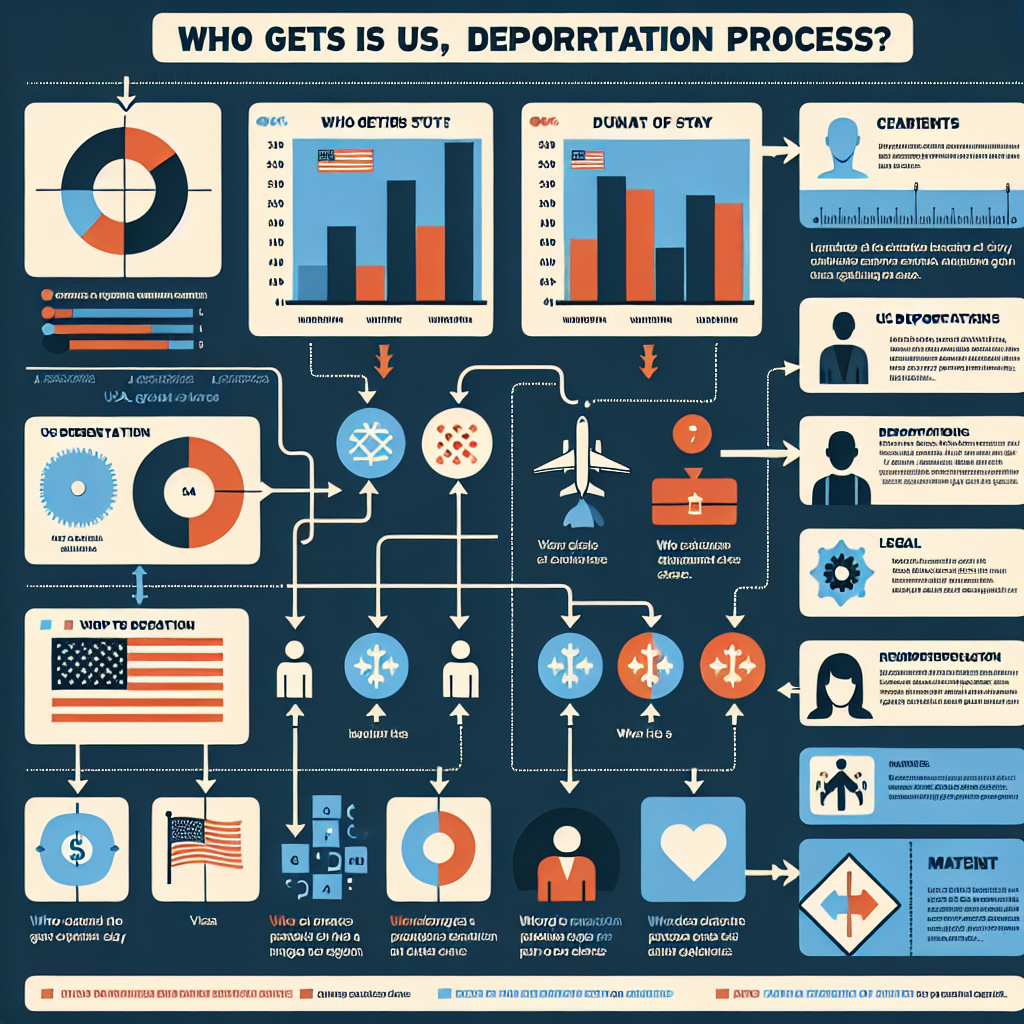Understanding US Deportation: Who Gets Deported and Who Doesn’t – An NDTV Guide
Understanding US Deportation: An NDTV Guide
Who Faces Deportation?
The US deportation system is complex, targeting specific groups based on legal and policy frameworks. Key groups include:
- Undocumented immigrants who entered the US illegally.
- Individuals overstaying their visas.
- Non-citizens with criminal convictions.
Who Is Less Likely to Be Deported?
Some individuals are less likely to face deportation due to protective measures or legal status:
- Asylum seekers awaiting case decisions.
- Recipients of Deferred Action for Childhood Arrivals (DACA).
- Individuals with Temporary Protected Status (TPS).
Factors Influencing Deportation Decisions
Deportation decisions are influenced by various factors, including:
- Current immigration policies and enforcement priorities.
- Political climate and administrative changes.
- Legal representation and advocacy efforts.
Conclusion
The US deportation process is shaped by a myriad of factors, including legal status, policy changes, and individual circumstances. Understanding who is at risk and who is protected helps clarify the complexities of immigration enforcement in the United States.








































